Stuff Happens

But bad stuff does happen. Wednesday evening, for instance, while my 18-year-old and I were on our way to a homework date, another car slammed into ours in a parking lot. The driver wasn’t able to explain why she was zipping along so fast. Our car had to be towed, and we were lucky it wasn’t worse. (My daughter’s life flashed before my eyes; I’m still shaking.)
It certainly feels bad to me, but when a friend said, “Maybe you should blog about it,” I decided that, wishing away the fact of the thing wasn’t helping, and I remembered that writing could help.
Writing always helps me find some objectivity, to hold things at arm’s length and look at it. But writing can help me process feelings, too, not so much “at arm’s length,” but bringing them up close and holding them. There’s probably an analogy here between that sensation and the way the accident happened in a split second and in slow motion.
There’s also something to scribble about in the way all those intense feelings flooded back when Emma texted from school the next day that her back hurt and she couldn’t take a deep breath. I want to remember the kindness of the woman at our clinic who stayed on the phone with me until she found us an appointment. The doctor who examined me, too, and said, “Get a massage; you need it for the tight muscles in your neck and shoulder, and you need to have a good cry.”
Many years ago I heard the poet Chana Bloch tell about the range of emotions she went through when she learned that she had cancer. I also remember how beatific she looked, repeating for our benefit, “I am going to live through this, and I am going to write about it.”
Stuff happens. And even the bad stuff becomes material, for a writer. But first you have to figure out how to get through it.


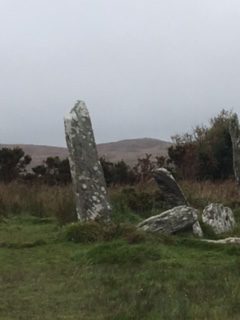 The only complaint I can make about my trip to
The only complaint I can make about my trip to ) It took us 2 1/2 hours, and according to my fitbit, we walked 5 miles, all told. But, worth it. It was our first up-close introduction to Irish sheep and cows and stone fences. And the pied wagtail.
It took us 2 1/2 hours, and according to my fitbit, we walked 5 miles, all told. But, worth it. It was our first up-close introduction to Irish sheep and cows and stone fences. And the pied wagtail.
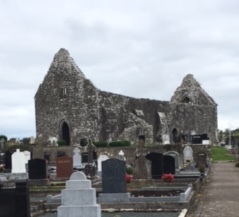 excerpts of plays.
excerpts of plays.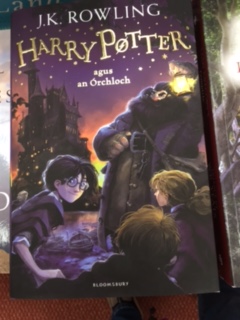 Dublin, ditto. Both of these are international cities with a million things on offer. In Dublin we walked through St. Stephen’s Green; we saw Ulysses at the Abbey Theatre; we went to Trinity College and spent a blissed-out hour with the
Dublin, ditto. Both of these are international cities with a million things on offer. In Dublin we walked through St. Stephen’s Green; we saw Ulysses at the Abbey Theatre; we went to Trinity College and spent a blissed-out hour with the 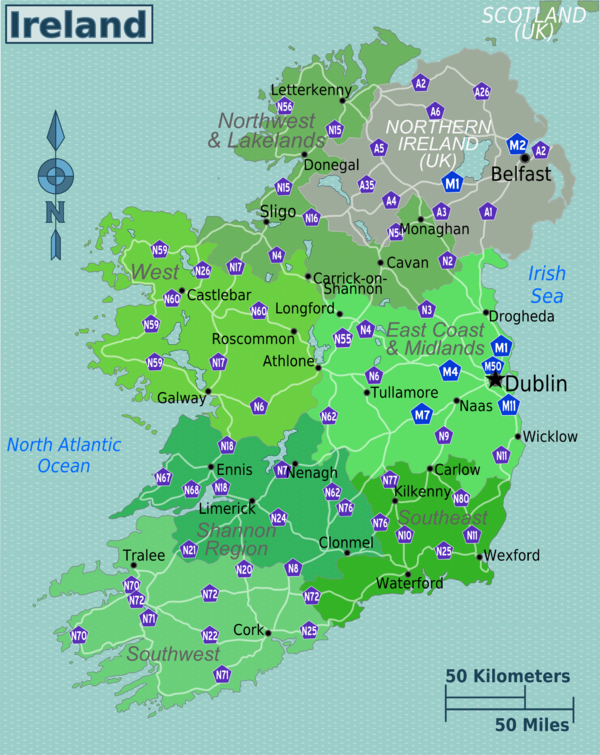
 Well, right now, I’m writing from the Lynnwood branch of Sno-Isle libraries. But by tomorrow afternoon I’ll be on the road to meet my friend Carla in Bellingham, and the next morning at 8 a.m. we’ll be on an Air Canada flight to Dublin, Ireland.
Well, right now, I’m writing from the Lynnwood branch of Sno-Isle libraries. But by tomorrow afternoon I’ll be on the road to meet my friend Carla in Bellingham, and the next morning at 8 a.m. we’ll be on an Air Canada flight to Dublin, Ireland.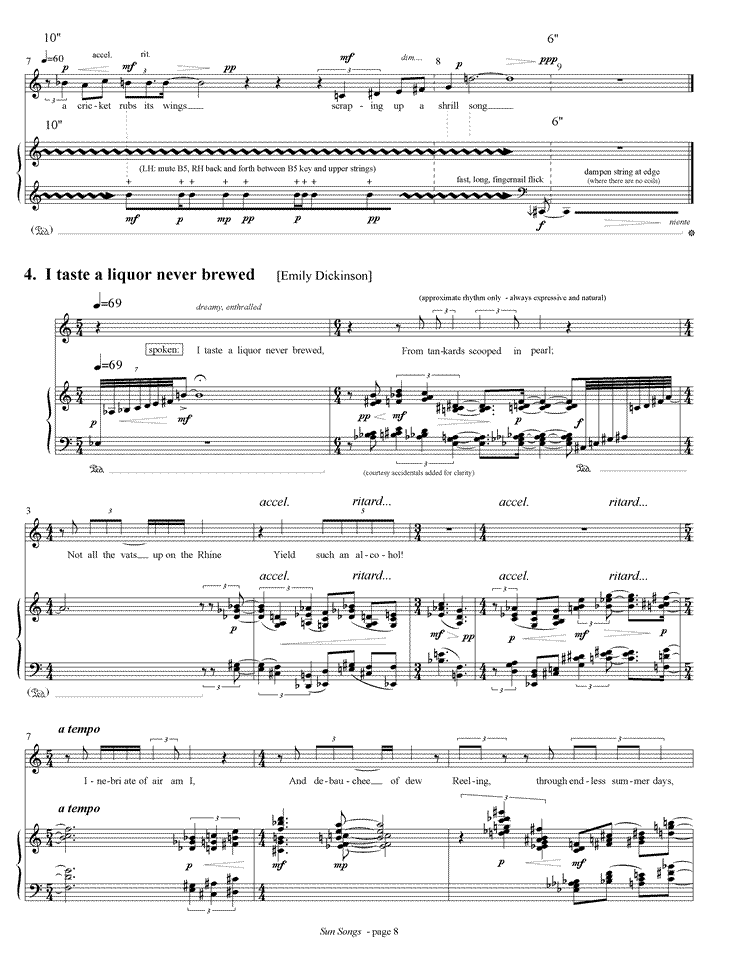
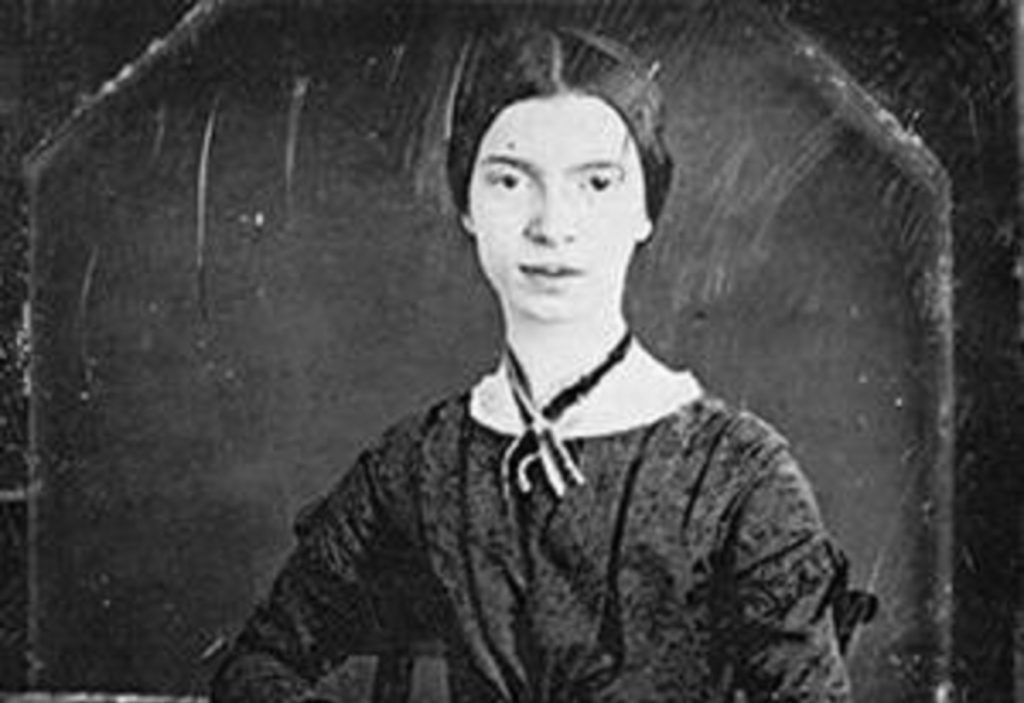 During Postcard Poetry Month, otherwise known as “August,” I decided that instead of merely writing a postcard poem per day and mailing it to (usually) a complete stranger, I would focus on Emily Dickinson (1830-1885).
During Postcard Poetry Month, otherwise known as “August,” I decided that instead of merely writing a postcard poem per day and mailing it to (usually) a complete stranger, I would focus on Emily Dickinson (1830-1885).